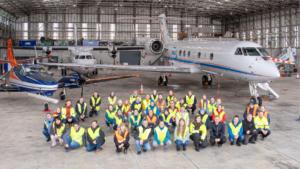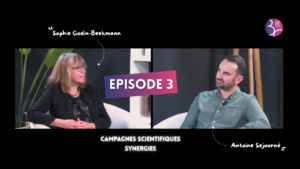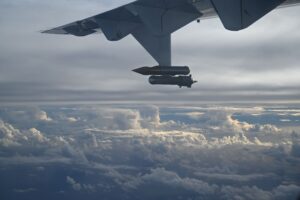Séminaire
Sedimentary leaf waxes as molecular tools to reconstruct hydroclimate/vegetation in southern South America: step by step, from lake core tops to downcore records
Deniz Kilic
Sergio Contreras est professeur à l’Université de Concepcion (Chili).
Description
The abundant precipitation of westerly origin controls the climate on the western side of the Andes Mountains with non-seasonal rainfall (i.e., year-round) from 55° to 42°S and seasonal rainfall pattern from 42°S to 30°S, associated with a seasonal drought at latitudes <42°S.
As a result, the vegetation change (ca. 42°S) from Temperate and Valdivian Rain Forest to North Patagonian Evergreen Forest, a vegetation change characterized by a gradual decrease in diversity attributed to lower temperatures as well as changes in precipitation. Evaluating climatological changes along South-Central Chile is difficult because meteorological stations are scarce, and have low temporal and spatial resolution.
Proxies and paleoclimate records are useful to gather data on climate variability in such remote areas with scarce instrumental records and compare to climate models evaluating their performance and improve future climate projections. Sedimentary leaf waxes derived from alkanes (>C25) and alkanoic acids (>C23) are among the most long-lived and widely utilized proxies of terrestrial organic matter.
The abundance and distribution (i.e., Carbon Preference Index and Average Chain Length) of sedimentary plant waxes had been intensively used in environmental, modern and paleoclimate studies.
This presentation shows how we are starting to reconstruct hydroclimate/vegetation changes based on leaf wax n-alkane and alkanoic acid information gathered from leaves of the most dominant vegetation, soils and a suite of lake surface sediment (core-top) samples spanning the central-south Chilean climate transition from seasonal Mediterranean climate to a rainy temperate climate.
The ongoing research will show results from a lake sedimentary record collected on Lago San Pedro, a small closed-basin lake located at ~38.5 °S, within the present-day region of Nothofagus-Araucaria forest in the Andean region.
Informations supplémentaires
Lieu
Laboratoire METIS, Sorbonne Université, Campus Pierre et Marie Curie
4, place Jussieu 75005 Paris
Salle Darcy, tour 46-56, 3e étage.
Lien zoom
https://cnrs.zoom.us/j/98374732088?pwd=QkNLRm9kTHdWZlZRZytTNU9PTVdaQT09
ID de réunion : 983 7473 2088
Code secret : 9UdFxq






